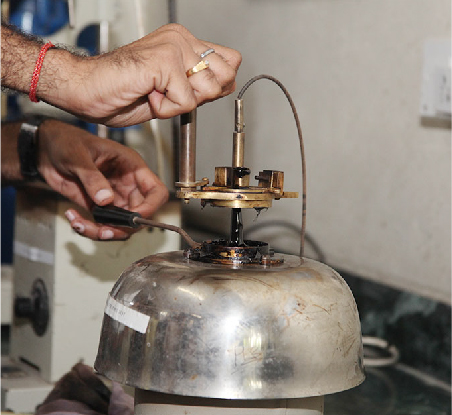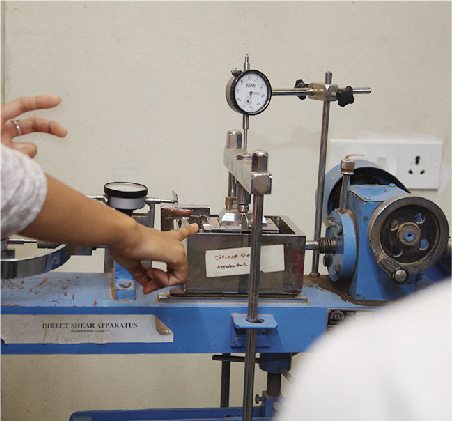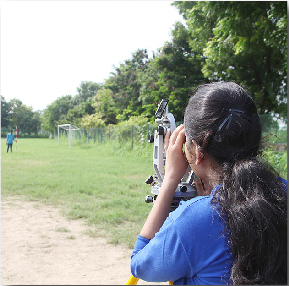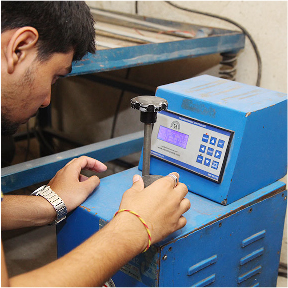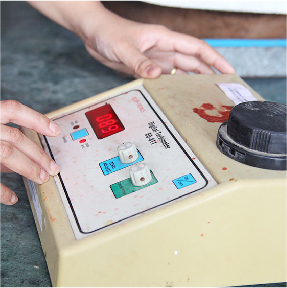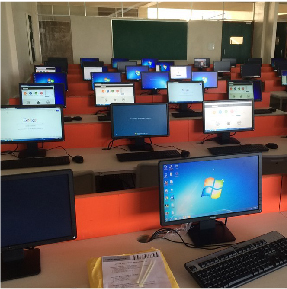Announcement
Get Ready for INDUS CUP 2K26! | Dates: 5–10 January 2026 | Stand a Chance to Win Cash Prizes up to ₹10,00,000!...Read more Get Ready for INDUS CUP 2K26! | Dates: 5–10 January 2026 | Stand a Chance to Win Cash Prizes up to ₹10,00,000!
We are excited to announce the Indus Hackathon 2025, an exhilarating one-day event organized by the CSE Department of Indus University....Read more We are excited to announce the Indus Hackathon 2025, an exhilarating one-day event organized by the CSE Department of Indus University.
26th ISTE Faculty Annual State Convention will be held at Indus University on April 27, 2023....Read more 26th ISTE Faculty Annual State Convention will be held at Indus University on April 27, 2023.
Get Ready for INDUS CUP 2K26! | Dates: 5–10 January 2026 | Stand a Chance to Win Cash Prizes up to ₹10,00,000!...Read more Get Ready for INDUS CUP 2K26! | Dates: 5–10 January 2026 | Stand a Chance to Win Cash Prizes up to ₹10,00,000!
We are excited to announce the Indus Hackathon 2025, an exhilarating one-day event organized by the CSE Department of Indus University....Read more We are excited to announce the Indus Hackathon 2025, an exhilarating one-day event organized by the CSE Department of Indus University.
26th ISTE Faculty Annual State Convention will be held at Indus University on April 27, 2023....Read more 26th ISTE Faculty Annual State Convention will be held at Indus University on April 27, 2023.

the laboratory is useful for carrying practical related to properties of soil and sub-surface investigation which is of utmost importance in laying the foundation of various civil engineering structures and also is equipped to perform all the necessary essential characterization of soils, rocks, and several advanced testing facilities.
The vision is to utilize state-of-the-art knowledge for solving problems related to the subsurface. It includes:
The Environmental Engineering laboratory practical provides good insight into different experimental methods relevant to Environmental Engineering. The Environmental Engineering Laboratory in the Department of Civil Engineering provides good testing, teaching and research facilities. The laboratory contains modern analytical instruments and facilities to carry out simple to sophisticated experiments i.e. the testing of Physico-chemical and Biological parameters for Water and Wastewater, etc. The Laboratory has sophisticated equipment to analyze pollution parameters in water and waste water, soil and air. Experiments on testing the Quality of water such as pH,Turbidity, Conductivity meter, Hardness, Chlorides, Sulphate Alkalinity etc can be performed in the lab. Experiments on noise pollution measurement are also performed in this lab Experiments on waste water also performed in this lab in order to recover the condition of wastewater to reuse it for various purposes such as gardening, and for agricultural purposes.
|
Sr No |
Name of the Instrument |
|
1 |
PH METER - TABLE MODEL (MTC) - MODEL PM 100 |
|
2 |
FLOCULATOR - JAR TEST APPARATUS - MS BODY WITH DIGITAL RPM INDICATOR - 1 LTR X 6 STIRRER |
|
3 |
MAGNETIC STIRRER - WITH HOTPLATE - 1 LTR. |
|
4 |
PH/COND/TDS/TEMP.METER - HI98130 - PEN TYPE |
|
5 |
SAMPLER HIGH VOLUME - PEM - HVS - 4 |
|
6 |
SOUND LEVEL METER - SL-1350 |
|
7 |
STACK MONITORING KIT - PEM-SMK-10 |
|
8 |
TURBIDITY METER , MODEL ; EQ-811 |
|
9 |
WATERBATH DOUBLE WALLED - THERMOSTATIC - INNER S.S. - 40 X 30 X10 CM(12 HOLES) |
|
10 |
CHLOROSCOPE |
|
11 |
DESSICATOR - BOROSILICATE GLASS - 200 MM |
|
12 |
INCUBATOR BACTERIOLOGICAL - DIGITAL WITH FAC - INNER S.S. - 45 X45 X 45 CM |
|
13 |
DISSOLVED OXYGEN METER PORTABLE MODEL- MODEL : PDO-519 |
|
14 |
MUFFLE FURNACE - 1200 DEG.C - 12" X 8" X 8" |
|
15 |
CONDUCTIVITY METER - CM 100 |
|
16 |
C.O.D. DIGESTION APPARATUS - FOR 15 SAMPLES |
|
17 |
CONTINUOUS GLASS WATER DISTILLATION ASSEMBLY WITH HEATING MANTLE - FLASK CAPACITY 2 LTRS |
|
18 |
DETERMINATION OF SUSPENDED SOLIDS SETUP |
|
19 |
IMHOFF SETTING CONE |
|
20 |
SOUND LEVEL METER - SL-1350 |
|
21 |
SOUND LEVEL METER - SL- 4015 |
|
22 |
INCUBATOR B.O.D. - INNER S.S. - 70 X 50 X 50 CM |
|
23 |
HOT AIR OVEN |
|
24 |
COLORIMETER |
Earthquake engineering laboratory incorporates demonstration of major seismic testing methodologies and engages in basics and applied researches that resolve critical seismic engineering problems. The vision of the laboratory is to build interdisciplinary knowledge and expertise to develop innovative strategies for increasing the safety and reliability of civil engineering structures which are subjected to earthquake loading. The laboratory mainly focuses on structural dynamics, evaluation of seismic performance of civil engineering structures, earthquake resistant design strategies and vibration assessment of structures. With state-of-the-art testing equipment, computing and data acquisition facilities, the lab is equipped to conduct pseudo-static to dynamic scale model testing.
The material testing laboratory is designed to develop new and innovative construction materials indigenously. The laboratory has also been involved in testing of special structures and retrofitted structures. The laboratory is equipped to evaluate physical and mechanical properties of construction materials such as fresh and hardened concrete, Cement, Aggregates, Bricks, A.A.C. Blocks etc. It is involved in the research facilities for special concrete such as geopolymer concrete, self healing concrete, self compacting concrete, high performance concrete, marine concrete etc. The laboratory also provides the platform for consultancy assignments and testing related to different materials.
Engineering Geology Laboratory helps in determining the engineering behavior of geomaterials (soils and rocks). There are various physical, chemical and geotechnical properties defined in the Laboratory that are needed for identifying the geo-materials. It helps in predicting the behavior of Earth systems and the universe, finding adequate supplies of natural resources, such as ground water, petroleum, and metals and conserving soils and maintaining agricultural productivity. In addition, geotechnical engineer uses this knowledge for designing the type of foundations, earthworks such as dams, embankments, tunnels, reservoirs, pavement subgrades, and specialised applications like waste containment systems.
